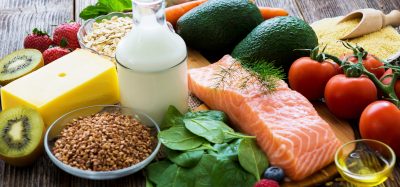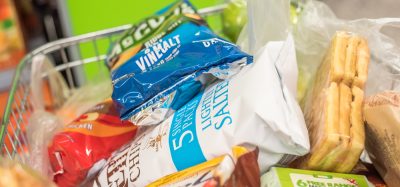Consumer group unmasks the dirtiest tricks of food labelling
- Like
- Digg
- Del
- Tumblr
- VKontakte
- Buffer
- Love This
- Odnoklassniki
- Meneame
- Blogger
- Amazon
- Yahoo Mail
- Gmail
- AOL
- Newsvine
- HackerNews
- Evernote
- MySpace
- Mail.ru
- Viadeo
- Line
- Comments
- Yummly
- SMS
- Viber
- Telegram
- Subscribe
- Skype
- Facebook Messenger
- Kakao
- LiveJournal
- Yammer
- Edgar
- Fintel
- Mix
- Instapaper
- Copy Link
Posted: 14 June 2018 | George Smith (New Food) | No comments yet
The terms ‘artisanal’, ‘traditional’ and ‘craft’ are being used by unscrupulous food businesses to conjure up an air of quality around mass-produced wares.


HOODWINKED: The 'artisanal' label conjures images of handmade, quality products
The European Consumer Organisation (BEUC) has published a report unveiling some of the dirtiest tricks food manufacturers use to hoodwink customers with their labels.
It zeros in on three key examples where labelling lies are commonplace: industrial products with ‘traditional’ or ‘artisanal‘ claims; drinks and dairy with little or no actual fruit displaying fruit pictures; and breads, biscuits or pasta with barely any fibre labelled as ‘whole grain’.
The problem, the BEUC said, is that the European Union lacks rules defining in which cases manufacturers can use such terms, meaning they can brandish deceptive marketing jargon with relative impunity.
Monique Goyens, Director General of BEUC, said: “It is striking that a ‘pineapple & coconut’ drink can be made up of less than one third of these fruits, or that breadcrumbs labelled ‘grand-mother style’ contain industrial ingredients. Still, these are the kinds of misleading labelling practices that consumer organisations have repeatedly found across Europe.
“Surveys in Germany and the Netherlands show that more than 80 per cent of consumers do not trust food labels, and this report proves they have good reasons. Pressure from our member organisations have led some manufacturers to make their packaging more honest. But the EU institutions and Member States also need to step up their game.
“The EU law clearly states that food labelling and packaging should “not mislead the consumer”. However, manufacturers have been taking advantage of grey zones in the EU law to make their products look like they are better quality than they actually are. It is urgent that the EU institutions come up with a recipe to end those deceptive practices and that Member States make sure food makers comply with such rules.”
To rectify the issue, the BEUC is calling for:
- EU definitions of the terms commonly used on labels to market quality aspects, such as ‘traditional’, ‘artisanal’ or ‘natural’;
- Minimum levels of whole grain content for ‘whole grain’ claims;
- Minimum content rules for products that highlight on the front of the pack certain ingredients, such as fruits;
- The percentage of advertised ingredients (such as fruit) displayed on the front of pack.
Related topics
Clean Label, Ingredients, Packaging & Labelling, Quality analysis & quality control (QA/QC), The consumer









